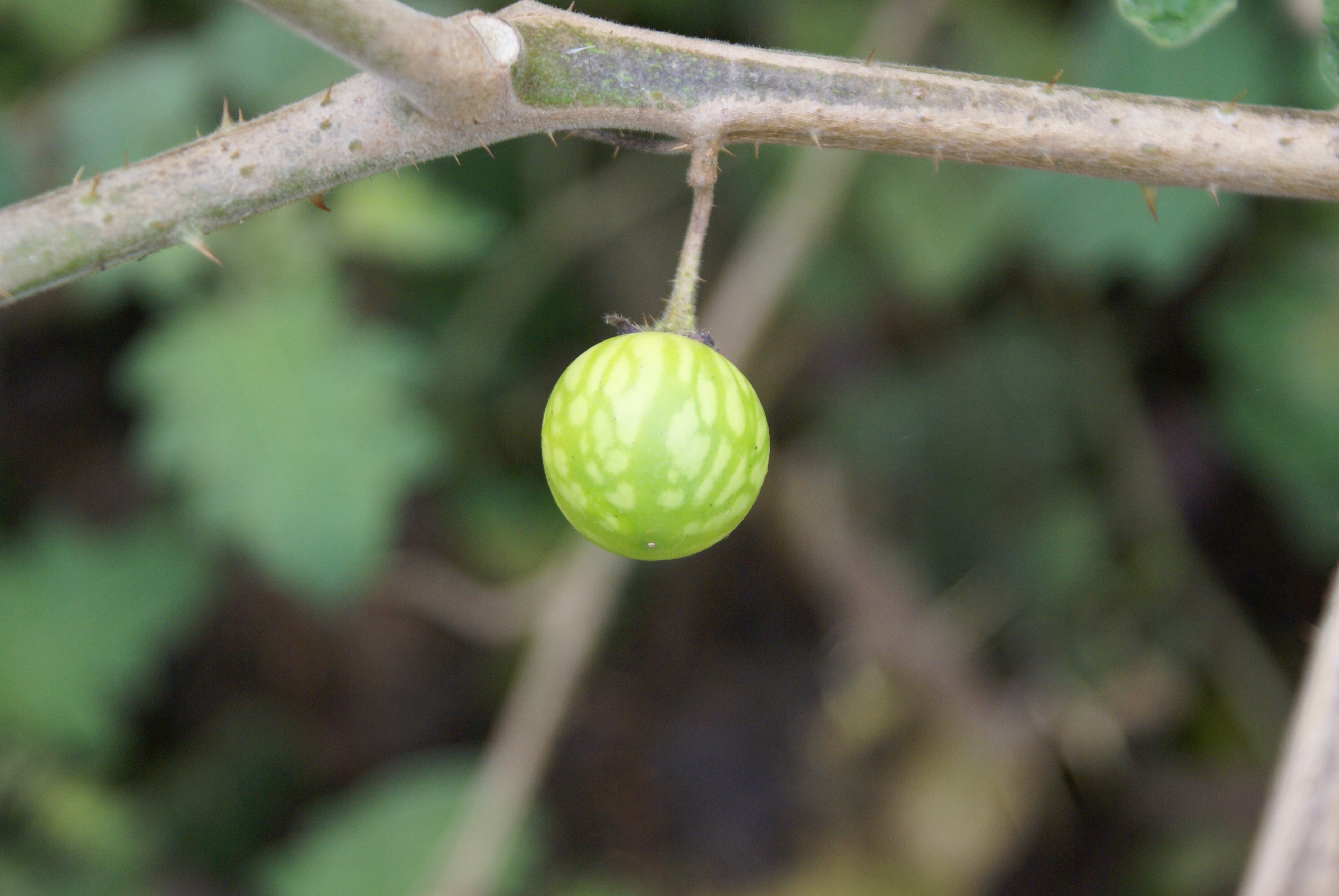Emergency weed eradication project
Published on 04 May 2020

MidCoast Council’s Weed Biosecurity Officers are currently working on an emergency response to an outbreak of Tropical Soda Apple, an extremely invasive weed.
Recent inspections across the MidCoast have detected multiple instances of the weed on both private properties and roadsides, particularly in the Wingham, Mt George, Number One and Cooplacurripa areas.
“Given how aggressive this perennial shrub is and its potential to cause harm to our agricultural production areas and invade natural areas displacing native plants and disrupting our natural ecological processes, we are implementing emergency actions to contain the outbreaks and kerb the spread of this dangerous weed,” said Council’s Strategic Weed Biosecurity Officer, Terry Inkson.
“We will be working closely with Hunter Local Land Services and NSW DPI on this eradication project.”
Tropical Soda Apple typically invades open to semi-shaded areas including pastures, forests, riparian zones, roadsides, recreational areas, horticulture and cropping areas.
It grows to up to 2 metres in height and has broad-based, cream coloured prickles, white flowers and broad, flat leaves. Mature fruit are yellow and about the size of a golf ball, while immature fruit are pale green with dark green veins.
Its prickles restrict cattle and native animals grazing and thickets can make it difficult for animals to access shade and water.
It’s also concerning that the plant is a host for many diseases and pests of cultivated crops, as well as being poisonous to humans.
“It is important to find plants early and landholders in areas where the plant is known to occur need to be vigilant,” Terry said.
“Check cattle camps, stock yards, feed-out areas and holding paddocks, waterways, drains, gullies, floodplains, flats and areas of flood debris, as well as fence lines, forested areas, tracks, roads and feral animal haunts.”
For more information on the weed and what you should do if you find tropical soda apple, please contact your local council weeds officer.
“The good news is that a collaborative approach with different agencies is underway and we’re confident that we will be able to manage this outbreak as a group using a range of measures, including quarantining identified source sites.”